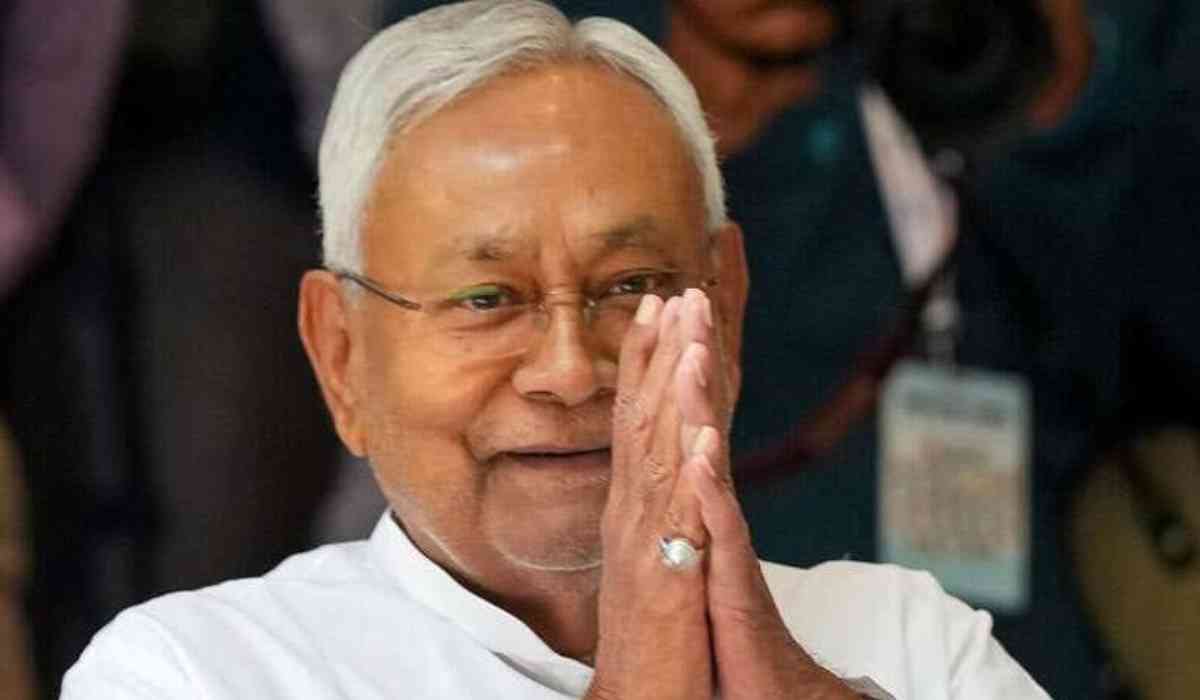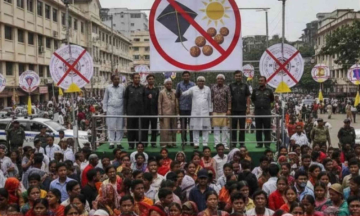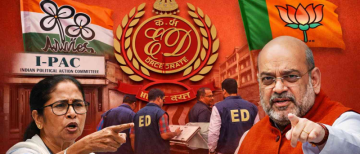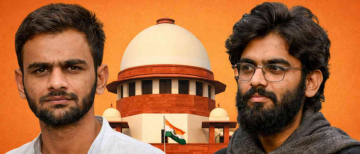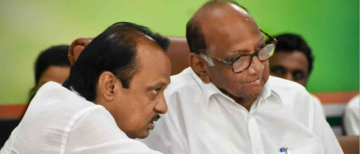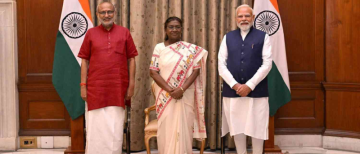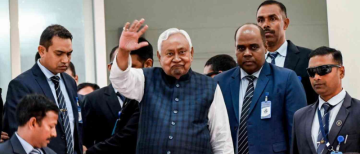The Bihar Assembly has unanimously approved a bill to increase reservations for SCs, STs, OBCs, and EBCs in Government jobs and educational institutions to 65%, surpassing the Supreme Court's 50% limit. The proposal, initially suggested by Chief Minister Nitish Kumar, aims to address social inequality.
The state Cabinet had earlier endorsed the proposal to raise quotas for OBCs, SCs, and STs in Bihar. The bill passed in the state assembly without the presence of Chief Minister Nitish Kumar. This development follows Nitish Kumar's proposal to elevate reservations for SCs, STs, OBCs, and EBCs to 65%, surpassing the Supreme Court's 50% limit.
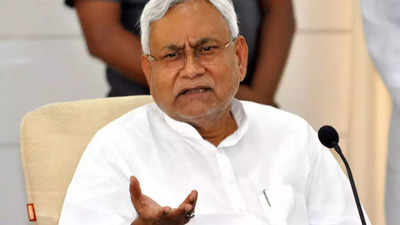
Photo: The Times of India
With the addition of the Centre's 10% quota for Economically Weaker Sections (EWS), the proposed reservation in Bihar is set to increase to 75%. The breakdown includes 20% for Scheduled Castes (SC), 2% for Scheduled Tribes (ST), and 43% for Other Backward Classes (OBC) and Extremely Backward Classes (EBC). Currently, Bihar allocates 18% reservation for EBCs, 12% for OBCs, 16% for SCs, 1% for STs, and 3% for women from backward classes in state jobs and educational institutions.
During the assembly session, the BJP raised concerns about the absence of EWS in the reservation breakup, leading to a clarification from Minister Vijay Kumar Chaudhary, who stated that the bill focused on amendments for SCs, STs, and OBCs.
Nitish Kumar defended the bill, citing a caste-based census that considered financial conditions. He expressed a desire to implement the changes promptly and suggested the need for the Center to increase reservation through a caste-based census.
In response to BJP objections, Nitish Kumar emphasised the inclusive nature of the caste-based census and urged swift implementation of the proposed changes. He also advocated for special state status for Bihar.
The Bihar Chief Minister presented the caste-based survey report to the legislative assembly, highlighting the prevalence of poverty among various caste groups. The proposed quota adjustments await approval from Governor Rajendra Arlekar to become law.
The Bihar caste survey reports that over a third of families in the state, totaling about 2.97 crore, live in poverty with a monthly income of ₹6,000 or less. More than 94 lakhs (34.13%) are classified as poor, and while there is notable poverty among upper castes, it is higher among backward classes, Dalits, and tribals. The report also reveals that over 50 lakh Biharis are outside the state for work or education, with around 46 lakhs working in other states and 2.17 lakhs abroad. Additionally, around 5.52 lakhs are studying in other states, and Bihar has nearly 80 lakh graduates, with 24,534 from Other Reported Classes, constituting 13.45% of their population.
© Copyright 2023. All Rights Reserved Powered by Vygr Media.

